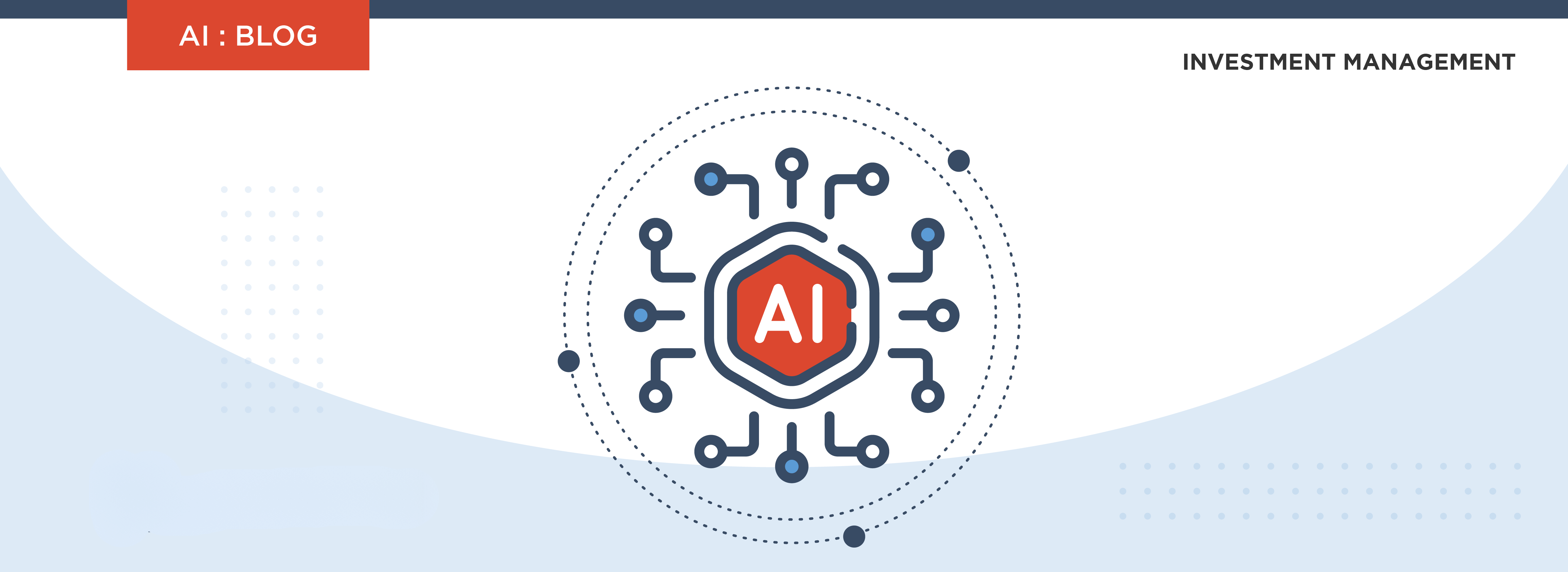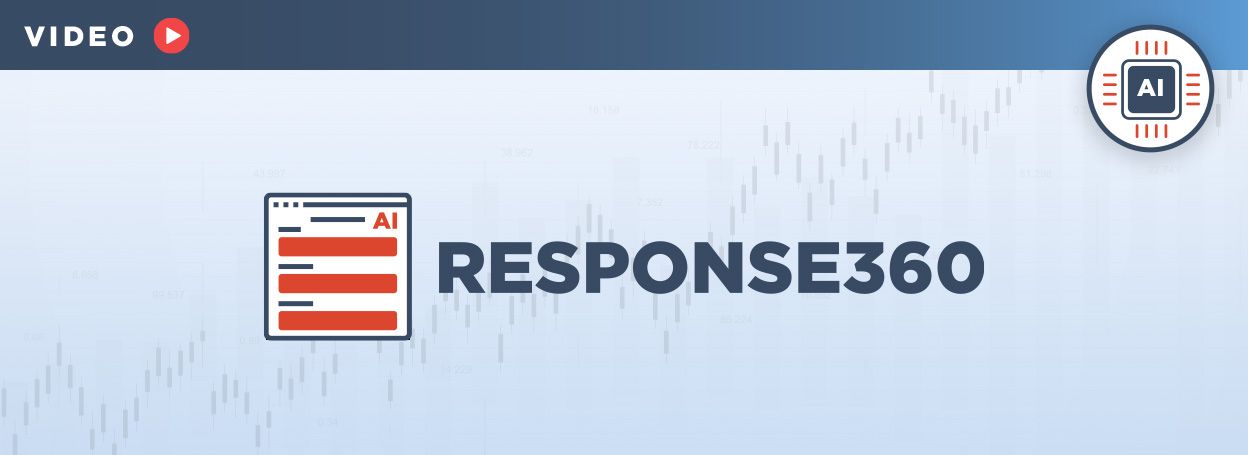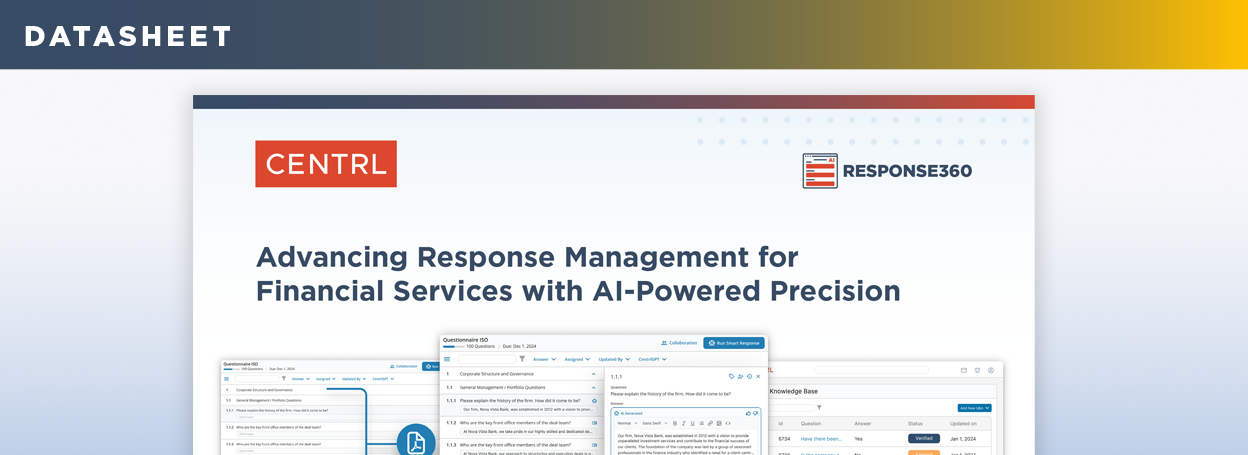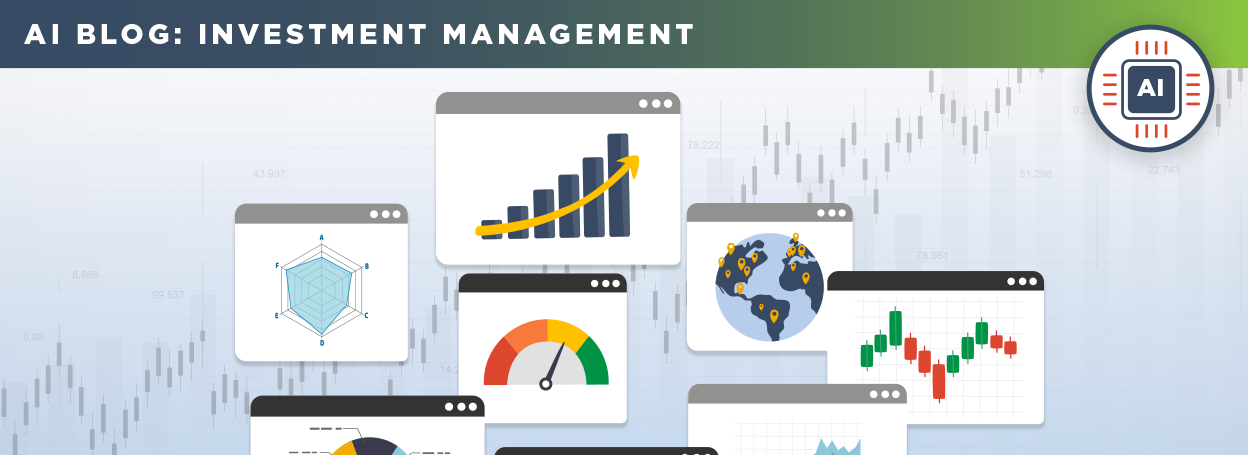Will Due Diligence Questionnaires Survive the AI Revolution?

Will Due Diligence Questionnaires Survive the AI Revolution?
The world of investment management is changing faster than ever. Investor expectations are rising, regulations are tightening, and asset managers are diversifying across strategies, geographies, and vehicles. In this evolving landscape, one question looms large: will traditional DDQs survive the AI revolution?
The Traditional DDQ Model
For decades, DDQs have been the backbone of operational and investment due diligence. They are structured documents used to assess managers on various aspects, including strategy, performance, compliance, ESG practices, and risk management. Typically, firms maintain extensive libraries of pre-approved answers to speed the process, yet even these centralized answer repositories have limitations.
Updating them is a constant challenge. In an industry where fund structures, processes, and regulatory requirements change rapidly, yesterday’s answers may no longer be valid today. DDQs require meticulous attention to detail, consistent formatting, and cross-departmental coordination, all of which are time-consuming and labor-intensive tasks.
Why AI is Disrupting DDQs
On the surface, it might seem that generative AI tools like ChatGPT could revolutionize DDQ responses. After all, they can draft text quickly, suggest phrasing, and even automate repetitive sections of a questionnaire. But asset managers who have experimented with AI know that the bottlenecks run deeper than simply generating language. The real challenges are operational and domain-specific:
1. Dynamic Answer Libraries: Pre-approved responses become outdated quickly. AI can draft new content, but without a structured, firm-specific, and compliance-reviewed knowledge base, its suggestions can be inconsistent or inaccurate.
2. Contextual Nuance: Each question often depends on subtle variations in fund structure, regulation, or investor requirements. AI models trained on generic language struggle to capture this nuance reliably.
3. Collaboration & Workflow: DDQ completion isn’t just about drafting answers. It involves collecting input from portfolio managers, risk teams, legal, and compliance, often across multiple systems. Without integrated workflow automation, AI tools cannot eliminate these coordination bottlenecks.
The Future of DDQs in an AI-Driven World
AI will not replace DDQs; they are too critical for governance, compliance, and transparency, but it will transform how they are created, managed, and analyzed. Here’s how:
Smart Libraries: AI systems can maintain real-time, firm-specific knowledge bases that update automatically with changes to regulatory requirements, investment structures, or internal processes.
Automated Pre-Population: AI can scan supporting documents, past questionnaires, and external filings to auto-populate answers, saving hours of manual work while maintaining auditability.
Integrated Workflow: AI can coordinate tasks across teams, track progress, flag missing inputs, and ensure the right stakeholders verify responses before submission.
Analytics & Insights: Beyond answering questions, agentic AI can uncover trends across DDQs, identify anomalies, and provide actionable intelligence to investment committees.
The result is not a world without DDQs, it’s a world where DDQs evolve into dynamic, AI-augmented instruments that are faster, more accurate, and more insightful than ever before.
Due diligence questionnaires will survive the AI revolution, but they will not remain static. AI won’t replace the need for careful oversight, compliance, or human judgment, but it will redefine how firms approach these critical documents. Firms that embrace AI to modernize DDQs, automate workflows, and extract intelligence from diligence data will not only survive, they will thrive.
The question is no longer if DDQs will survive, but how quickly firms can adapt to a world where intelligence, not just information, drives decision-making.


